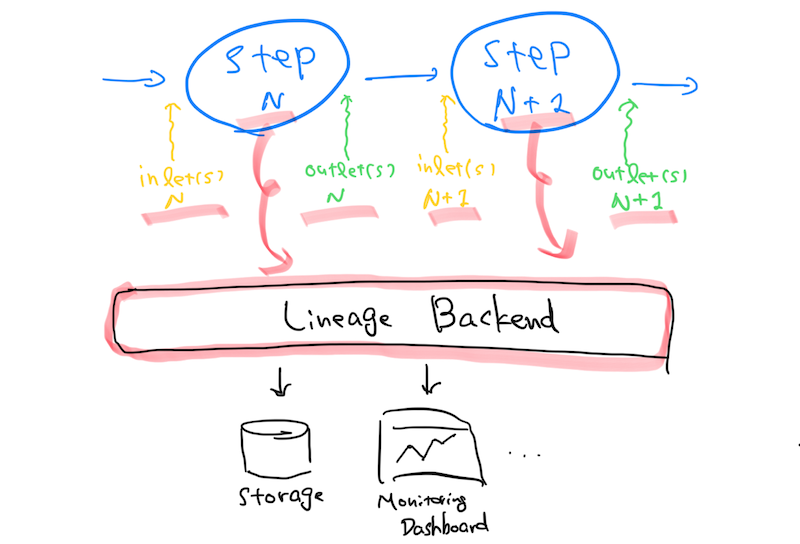Productizing Data with People
How to turn data into applications in a humane way
As we see the rapid technological advances in the field of artificial intelligence, product organizations in the modern capitalist world have taken them as a business opportunity and built different forms of "AI-powered" applications. But, should we really do this? What if algorithmic recommendations were racial? Have you ever imagined the physical and psychological harm your product might cause to a diverse set of stakeholders? Who needs to be accountable for these consequences? Based on what I observed in the industry over the last decade, I believe that solutions to these challenges are already in the conventional wisdom of software product management. Since AI applications are primarily fuelled by a massive amount of data that are generated, collected, and processed by humans, this series focuses on providing a clear picture of the end-to-end data lifecycle and discussing how to incorporate human factors into the processes.
 * People commonly say "Data is the new oil." But, do we really have a clear picture of where the oil is coming from, in which route, by whom, how, and when? Even in a technical concept like data linage, there is an ethical implication that helps data practitioners to answer these key questions.
* People commonly say "Data is the new oil." But, do we really have a clear picture of where the oil is coming from, in which route, by whom, how, and when? Even in a technical concept like data linage, there is an ethical implication that helps data practitioners to answer these key questions.
Articles in this series
- Why a Data Science Engineer Becomes a Product Manager
- What Makes a Good Dashboard: The Rise of Augmented Analytics
- Reviewing Ethical Challenges in Recommender Systems
- User-Centricity Matters: My Reading List from RecSys 2021
- Data Ethics with Lineage
- Validate, Validate, and Validate Data. But, in terms of what?
- It "Was" Ethical: Key Takeaways from UMich's Data Science Ethics Course
- "Why Do We Build This?" Humane Technologist's View of Bad Product/Project
- How I Define "Artificial Intelligence"
- The Locality of Information and Technology
- Fluid People and Blended Society: How Systems Model "Dividuals"
- Data Are Created, Collected, and Processed by People